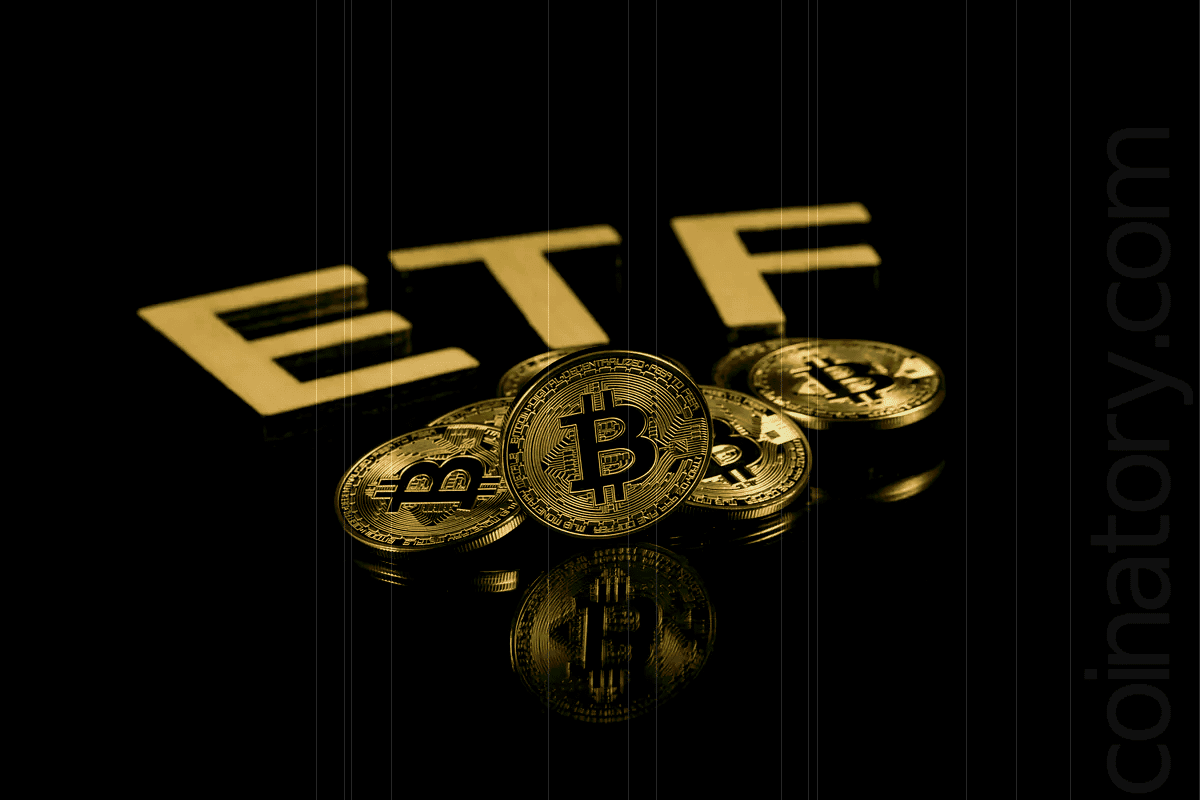
A new report from 10x Research reveals that just 44% of net inflows into U.S. spot Bitcoin exchange-traded funds (ETFs) are linked to long-term investments, with the majority being driven by arbitrage strategies rather than institutional adoption.
Bitcoin ETF Inflows: A Closer Look
Since their January 2024 launch, U.S. Bitcoin ETFs have amassed $39 billion in net inflows. However, only $17.5 billion represents genuine long-only buying, according to Markus Thielen, Head of Research at 10x Research.
Thielen noted that approximately 56% of inflows come from hedge funds and trading firms engaging in the carry trade, where traders buy spot Bitcoin via ETFs while simultaneously shorting Bitcoin futures to profit from price discrepancies.
This suggests that Bitcoin’s presence in multi-asset portfolios is much smaller than widely believed, with short-term arbitrage strategies dominating ETF trading activity instead of long-term capital appreciation.
Hedge Funds Are Driving ETF Activity
The largest holders of BlackRock’s IBIT ETF are hedge funds and trading firms focused on market inefficiencies and yield spread opportunities rather than outright Bitcoin exposure, Thielen added.
With funding rates and basis spreads at low levels, many hedge funds and trading firms have begun unwinding their ETF positions, reducing inflows as arbitrage opportunities dry up.
Recent Outflows Impact Market Sentiment
Last week, spot Bitcoin ETFs saw four consecutive days of outflows, totaling $552 billion, according to Farside Investors. While Bitcoin prices remained range-bound, the decline in ETF holdings has impacted market sentiment, as media narratives often frame these outflows as bearish signals.
However, Thielen emphasized that this unwinding process is market-neutral, as selling ETFs is typically offset by buying Bitcoin futures, preventing a direct negative impact on Bitcoin’s price.
A Potential Shift in Buying Trends?
Despite the current dominance of arbitrage strategies, Thielen noted that genuine Bitcoin buying has increased since the U.S. presidential election, particularly as funding rates have collapsed alongside declining retail trading volumes.
This aligns with insights from Real Vision CEO Raoul Pal, who suggested that up to two-thirds of Bitcoin ETF inflows in mid-2024 were driven by arbitrage trading rather than long-term holding.
As market dynamics evolve, the sustainability of Bitcoin ETF inflows will likely depend on whether institutional investors shift toward long-term accumulation or if hedge funds continue to dominate flows with short-term arbitrage strategies.







